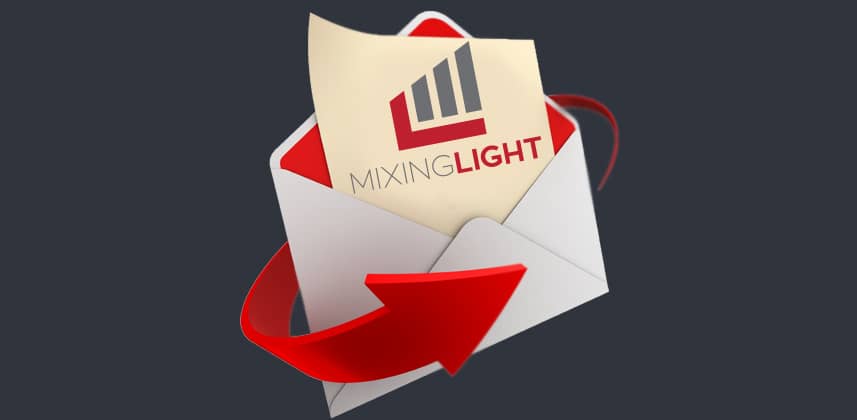| Series |
|---|
From The MailBag Episode 66
Discussing Getting Paid. Again!
We know. This is not the first time we’ve discussed the topic of getting paid in a Mailbag or Insight.
The fact of the matter is that 30% of the questions we get have nothing to do with the technical aspects of grading or creative approaches to color correction.
So what’s the biggest topic we get questions about? Getting Paid.
Honestly, it’s shocking so many colorists & finishing editors are having problems getting paid. A few weeks ago, while on a company conference call, Dan lamented about this problem and then, literally while we were on Skype, an email came in from Mixing Light member Seth:
Hey guys – thanks for all the help on both the creative front and business front. I do a lot of work with DOP & Director friends and while for the most part the projects/transactions have gone well, I’m worried about getting burned one of these days especially as I (hopefully) expand my roster of clients. Interested to hear your thoughts on contracts for a young freelancer and strategies for getting paid quickly. Thanks!
If we’ve heard it once then we’ve heard it a million times.
Get Some Protection – Terms & Conditions And Agreements
It’s a no brainer: If you do any sort of professional work and provide professional services then you need an agreement with your clients. The agreement documents your work, deliverables, schedule, and your overall Terms & Conditions. At the start of this podcast, we all agree with this principle. But Robbie tosses out the idea that simply having an agreement and T & Cs doesn’t really mean anything (other than making you feel good) if clients don’t accept and sign those documents!
Recently, Robbie’s been using DocuSign.com to capture signatures and store agreements while Patrick continues to use Harvest to deliver documents for client approval. No matter the service you use, it is definitely important to capture a client signature/approval on a project – in this way you can prove to them they agreed to the scope and terms of the project.
As Dan brings up, details up front – before the job begins – make a big difference. And details don’t just include project details – it also means contact details. You shouldn’t wait until the end of a project to figure out who you’re billing and how you’re doing it!
Defining Terms In An Agreement
As we continue the discussion, we talk about things to include an agreement. Some topics include:
- Deliverables
- Schedule
- Round of changes
- Who approves the project
- Hourly or Flat (project)
- Hourly budget, hourly rate
- Length of the work week, work day
- Overtime rates
- Milestones
- Payment schedule
- Payment types accepted
- Late payment definition
- Payment milestones
- And more!
In addition to these things, we revisit credit card payments, ACH transfers and how to absorb project payment fees.
Do You Want Team Mixing Light To Answer A Question?
Remember, if you have questions that you’d like to get an opinion on please use the contact form.
Your questions can be aesthetic, technical or even client related. We’d love to hear from you, and your question might make future episodes of From The MailBag.
Enjoy the MailBag!
-Robbie
Member Content
Sorry... the rest of this content is for members only. You'll need to login or Join Now to continue (we hope you do!).
Need more information about our memberships? Click to learn more.
Membership optionsMember Login


